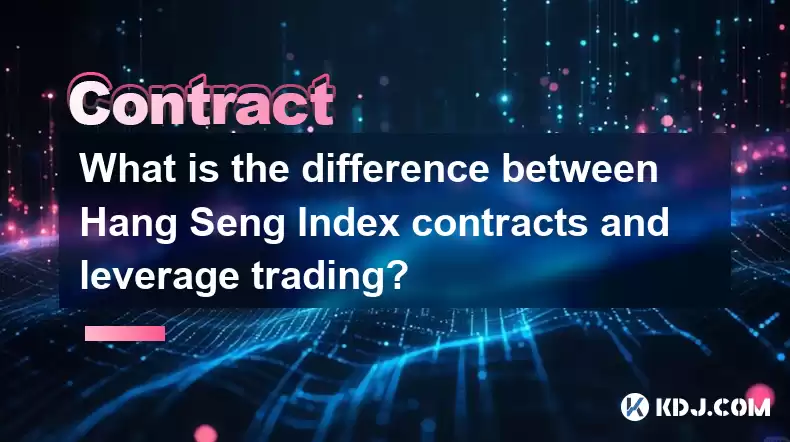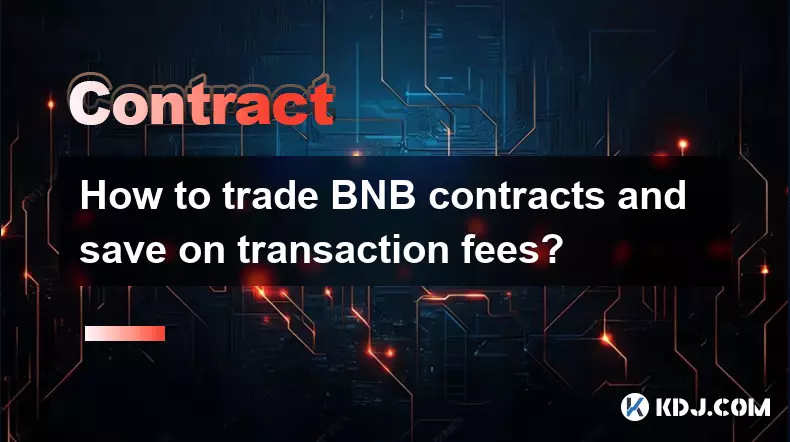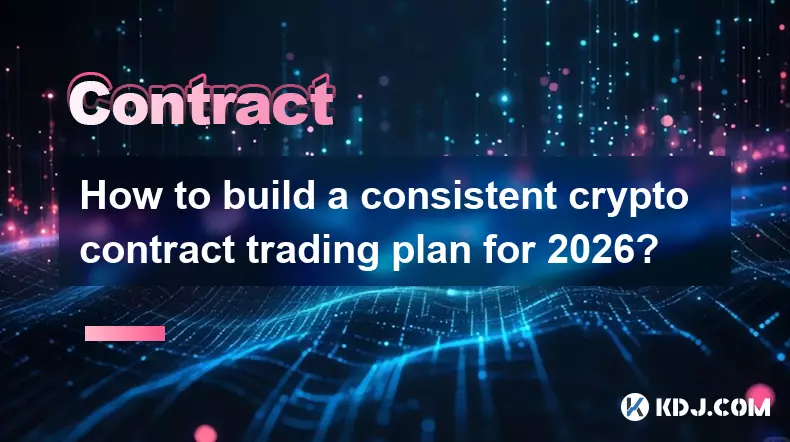-
 bitcoin
bitcoin $87959.907984 USD
1.34% -
 ethereum
ethereum $2920.497338 USD
3.04% -
 tether
tether $0.999775 USD
0.00% -
 xrp
xrp $2.237324 USD
8.12% -
 bnb
bnb $860.243768 USD
0.90% -
 solana
solana $138.089498 USD
5.43% -
 usd-coin
usd-coin $0.999807 USD
0.01% -
 tron
tron $0.272801 USD
-1.53% -
 dogecoin
dogecoin $0.150904 USD
2.96% -
 cardano
cardano $0.421635 USD
1.97% -
 hyperliquid
hyperliquid $32.152445 USD
2.23% -
 bitcoin-cash
bitcoin-cash $533.301069 USD
-1.94% -
 chainlink
chainlink $12.953417 USD
2.68% -
 unus-sed-leo
unus-sed-leo $9.535951 USD
0.73% -
 zcash
zcash $521.483386 USD
-2.87%
What is the difference between Hang Seng Index contracts and leverage trading?
Hang Seng Index contracts offer diversified exposure to Hong Kong stocks, while leverage trading amplifies profit and loss potential through borrowed funds, requiring higher risk tolerance.
Dec 16, 2024 at 10:34 am

Hang Seng Index (HSI) contracts and leverage trading are two distinct financial instruments that are commonly used by traders to speculate on the price movements of financial assets. While both strategies involve leveraging capital to amplify potential returns, they differ significantly in their mechanics, risks, and suitability for different traders. This article provides a comprehensive comparison between Hang Seng Index contracts and leverage trading, highlighting their key differences and providing guidance on selecting the appropriate trading strategy based on individual needs and risk appetite.
Hang Seng Index Contracts1. What are Hang Seng Index Contracts?Hang Seng Index (HSI) contracts are financial derivatives that track the performance of the Hang Seng Index, a benchmark stock market index that measures the performance of the 50 largest companies listed on the Hong Kong Stock Exchange. These contracts allow traders to speculate on the price movements of the underlying index without having to purchase the individual stocks that comprise it.
2. How do Hang Seng Index Contracts Work?HSI contracts are futures contracts, which means they represent an agreement to buy or sell the underlying asset (the Hang Seng Index) at a predetermined price on a specified future date. Traders can enter into HSI contracts by opening both long or short positions, depending on whether they anticipate the index will increase or decrease in value, respectively.
3. Benefits of Hang Seng Index Contracts:- Diversification and Hedging: HSI contracts provide traders with a single instrument to gain exposure to a basket of stocks, reducing the risk associated with investing in individual companies.
- Leverage and Capital Efficiency: Margin trading in HSI contracts allows traders to utilize leverage, which enables them to control a larger position with a smaller amount of capital.
- Flexibility and Accessibility: HSI contracts are traded on regulated exchanges, offering transparency, liquidity, and ease of access.
- High Volatility: The Hang Seng Index can experience significant fluctuations in value, which can lead to substantial losses if traders are not cautious.
- Margin Calls: Leverage trading amplifies potential profits, but it also increases the risk of margin calls, which require traders to deposit additional funds to maintain their positions.
- Expiration Risk: HSI contracts have a predefined expiration date, and any open positions must be closed before that date. If the price of the underlying asset moves against the trader's position, significant losses can occur upon contract expiration.
Leverage trading is a trading strategy that allows traders to amplify their potential returns by using borrowed funds to increase their buying power. Leverage is typically expressed as a ratio, such as 2:1, 5:1, or 10:1, which indicates the amount of capital a trader can control relative to their deposited funds.
2. How does Leverage Trading Work?When a trader opens a leveraged position, they borrow funds from a broker or exchange to increase their buying power. This enables them to execute larger trades than they would be able to with their own capital alone. For example, with a leverage ratio of 10:1, a trader can control $100,000 worth of assets by depositing only $10,000.
3. Benefits of Leverage Trading:- Increased Profit Potential: Leverage can magnify potential profits by increasing the trader's buying power.
- Flexibility and Versatility: Leverage trading can be applied to a wide range of financial instruments, including currencies, commodities, stocks, and cryptocurrencies.
- Hedging and Diversification: Leveraged positions can be used to hedge against other positions or to diversify an existing portfolio.
- Magnified Losses: Leverage also magnifies potential losses, as even small price movements can result in substantial capital depletion.
- Margin Calls and Liquidation: If losses exceed the trader's deposited funds, a margin call may occur, requiring additional capital to maintain the position. Failure to meet a margin call can lead to forced liquidation, where the trader's positions are closed and any remaining funds are returned.
- Emotional Trading: The allure of increased profit potential can lead to emotional trading, where traders make irrational decisions due to the psychological pressures associated with leveraged trading.
- HSI contracts: Hang Seng Index (basket of 50 Hong Kong stocks)
- Leverage trading: Any financial instrument that supports leveraged trading (e.g., currencies, commodities, stocks, cryptocurrencies)
- HSI contracts: Futures contracts traded on regulated exchanges
- Leverage trading: Can be executed through a broker or exchange using borrowed funds
- HSI contracts: Margin trading is available, but traders must deposit significant capital to open and maintain positions
- Leverage trading: Requires a smaller deposit compared to the size of the position controlled due to the use of borrowed funds
- HSI contracts: High potential for profits and losses due to volatility in the underlying index
- Leverage trading: Magnified profit and loss potential due to leverage amplification, leading to higher risks
The choice between Hang Seng Index contracts and leverage trading depends on several factors:
- Risk Tolerance: Leverage trading carries higher risks, so traders with a lower risk appetite should opt for HSI contracts.
- Trading Objectives: Traders seeking long-term exposure to the Hong Kong market may prefer HSI contracts. Leverage trading is better suited for short-term traders looking to capitalize on market
Disclaimer:info@kdj.com
The information provided is not trading advice. kdj.com does not assume any responsibility for any investments made based on the information provided in this article. Cryptocurrencies are highly volatile and it is highly recommended that you invest with caution after thorough research!
If you believe that the content used on this website infringes your copyright, please contact us immediately (info@kdj.com) and we will delete it promptly.
- Vitalik Buterin Rethinks Ethereum's Future: L2s Evolve Beyond Shards as Ethereum Scales
- 2026-02-04 15:35:01
- Ozak AI Fuels Network Expansion with Growth Simulations, Eyeing Major Exchange Listings
- 2026-02-04 12:50:01
- From Digital Vaults to Tehran Streets: Robbery, Protests, and the Unseen Tears of a Shifting World
- 2026-02-04 12:45:01
- Bitcoin's Tightrope Walk: Navigating US Credit Squeeze and Swelling Debt
- 2026-02-04 12:45:01
- WisdomTree Eyes Crypto Profitability as Traditional Finance Embraces On-Chain Innovation
- 2026-02-04 10:20:01
- Big Apple Bit: Bitcoin's Rebound Hides a Deeper Dive, Say Wave 3 Watchers
- 2026-02-04 07:00:03
Related knowledge

How to close a crypto contract position manually or automatically?
Feb 01,2026 at 11:19pm
Manual Position Closure Process1. Log into the trading platform where the contract is active and navigate to the 'Positions' or 'Open Orders' tab. 2. ...

How to understand the impact of Bitcoin ETFs on crypto contracts?
Feb 01,2026 at 04:19pm
Bitcoin ETFs and Market Liquidity1. Bitcoin ETFs introduce institutional capital directly into the spot market, increasing order book depth and reduci...

How to trade DeFi contracts during the current liquidity surge?
Feb 01,2026 at 07:00am
Understanding Liquidity Dynamics in DeFi Protocols1. Liquidity surges in DeFi are often triggered by coordinated capital inflows from yield farming in...

How to use social trading to copy crypto contract experts?
Feb 02,2026 at 07:40am
Understanding Social Trading Platforms1. Social trading platforms integrate real-time market data with user interaction features, enabling traders to ...

How to trade BNB contracts and save on transaction fees?
Feb 03,2026 at 12:39am
Understanding BNB Contract Trading Mechanics1. BNB contracts are derivative instruments traded on Binance Futures, allowing users to gain leveraged ex...

How to build a consistent crypto contract trading plan for 2026?
Feb 02,2026 at 10:59pm
Defining Contract Specifications1. Selecting the underlying asset requires evaluating liquidity depth, historical volatility, and exchange support acr...

How to close a crypto contract position manually or automatically?
Feb 01,2026 at 11:19pm
Manual Position Closure Process1. Log into the trading platform where the contract is active and navigate to the 'Positions' or 'Open Orders' tab. 2. ...

How to understand the impact of Bitcoin ETFs on crypto contracts?
Feb 01,2026 at 04:19pm
Bitcoin ETFs and Market Liquidity1. Bitcoin ETFs introduce institutional capital directly into the spot market, increasing order book depth and reduci...

How to trade DeFi contracts during the current liquidity surge?
Feb 01,2026 at 07:00am
Understanding Liquidity Dynamics in DeFi Protocols1. Liquidity surges in DeFi are often triggered by coordinated capital inflows from yield farming in...

How to use social trading to copy crypto contract experts?
Feb 02,2026 at 07:40am
Understanding Social Trading Platforms1. Social trading platforms integrate real-time market data with user interaction features, enabling traders to ...

How to trade BNB contracts and save on transaction fees?
Feb 03,2026 at 12:39am
Understanding BNB Contract Trading Mechanics1. BNB contracts are derivative instruments traded on Binance Futures, allowing users to gain leveraged ex...

How to build a consistent crypto contract trading plan for 2026?
Feb 02,2026 at 10:59pm
Defining Contract Specifications1. Selecting the underlying asset requires evaluating liquidity depth, historical volatility, and exchange support acr...
See all articles










































































